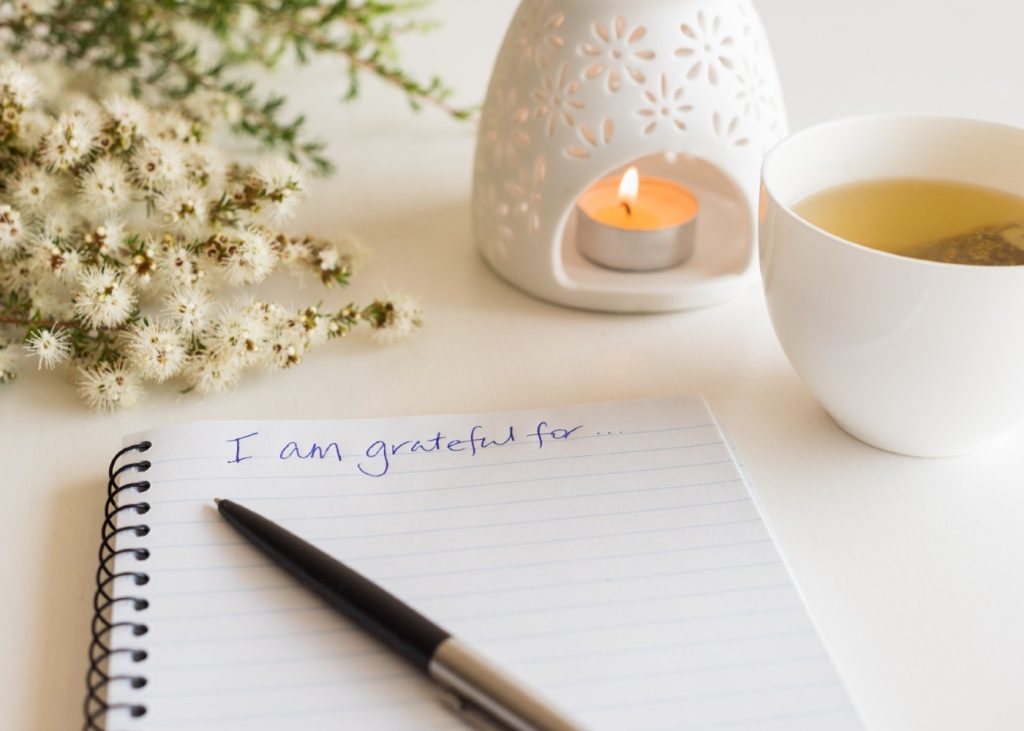By Lani Knutson
We moved to Milwaukee in the US when our son, Peter, was a baby. At that point, we already knew something was wrong. He had been diagnosed with torticollis (a common occurrence in babies today) at Seattle Children’s Hospital, so we immediately set up appointments with the Craniofacial Specialist and Physical Therapy at Children’s Hospital of Wisconsin (CHW). Thankfully we happened to buy a house 10 minutes away which made our frequent visits more bearable. I always joked that we were there so often that I figured we’d be getting our own parking space soon.
In those early days, before we had any diagnosis beyond torticollis, I would often comment to others that every time I went to CHW I was thankful because so many families had it much worse than us. One time we were checking in at the welcome desk and I overheard a conversation between a woman and the welcome desk attendant. As they embraced, the woman said as she cried, “We are going home. There is nothing more they can do for her.” It broke my heart, but it also made me grateful that I wasn’t in her shoes.
That’s the tricky thing, isn’t it? Being grateful for your life, your children, your situation is good, right? I mean, Oprah tells us to keep a gratitude journal for goodness sake. And now we have to make cutesy Gratitude Jars that we find on Pinterest. But what if being grateful is dismissive of the real emotions one is feeling at that moment?
Looking back there were two problems with my gratitude.
First of all, being grateful by comparing yourself to others belittles the struggle that the other person is going through.
“We have it bad, but at least it’s not as bad as so-and-so.”
What horrible thought! But that’s really what I was saying by comparing myself to that woman at the welcome desk or the family with the child in a wheelchair or the family who lost their child to cancer.
Secondly, forced gratitude can sometimes ignore the real struggle that you are going through in the moment. Many times in the early days of our SEPN1 (a form of congenital muscular dystrophy) journey, I would feel guilty if I wasn’t feeling grateful or thankful all the time or if I was frustrated, angry, or at the end of my rope. How dare I feel upset about my situation when other people were struggling with much worse situations! This feeling only heaped more pressure on myself to go through this without breaking a sweat or shedding a tear. Turns out that wasn’t helpful.
A while back, a mom friend confided in me that she was really struggling with her oldest son who had just been diagnosed with ADHD. I remember her saying, “I know I shouldn’t complain about how hard this is. . .” I immediately responded, ” Yes you should! You are going through a hard time and kids with special needs are hard sometimes. It’s OK to admit that.”
All of this is to say that I’ve learned to be better with my gratitude. We definitely should be grateful and there is loads of research that shows keeping a gratitude journal is helpful for one’s mental health. Now, though, I can just be thankful for what I have today without comparing myself to others. Keeping my thoughts in the present helps me do this better (mindfulness, anyone?).
Michael kept his BiPap on all night last night. Awesome!
Peter’s scoliosis curve is holding steady and not getting worse.Yay!
I made it through the day without stress eating. Score!
No new medical bills came in the mail today. Happy dance!
At the same time, I will rejoice with you when life is going well and cry with you when it isn’t. This is the lesson I am learning. I’m not perfect at it but I keep trying.
Lani is mum to two wonderful sons have a rare form of Congenital Muscular Dystrophy (CMD) called SEPN1/SELENON related myopathy. Through her blog she offers a glimpse into their family life as they raise their energetic boys who have more challenges than your average kid. You can follow their journey at – Our SEPN1 Life.




